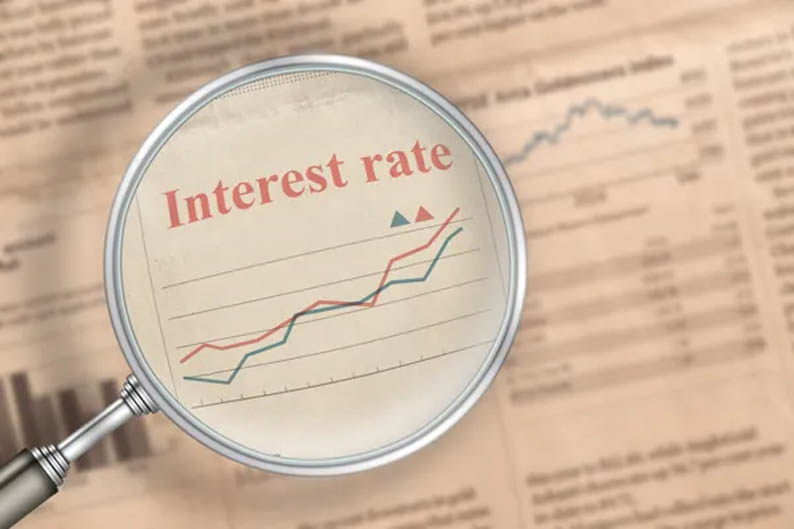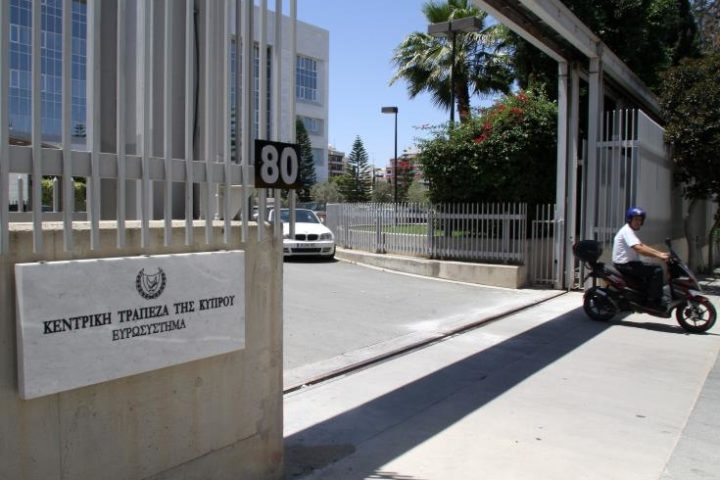Cyprus has had its own share of the impact from the high interest rate regime dominating the markets, with the two main local banks this week reporting near-record profits for last year.
The main reason for this, that would otherwise be perceived as good news, is that the net interest income of both banks, generated from the overnight loans deposited with the European Central Bank and other institutions peaked at 4.5% in December last year, the highest since the global financial crisis in 2007 and 2008.
After July 2022, the ECB increased its fixed interest rate almost monthly, and this trickled down to borrowers.
In Cyprus, the two banks pocketed nearly one billion euros because of this facility last year, but failed to close the gap between loans and retail deposits, with the latter continuing to carry the lowest rates in years.
The Central Bank of Cyprus did not bat an eyelid. Instead, it allowed for this disparity to remain, allowing the commercial banks to pile on more net interest earnings.
And this, to the delight of strategic shareholders, who seem to be happy to keep the incumbent Governor in office at the central bank, with the blessing of the ruling coalition partner DIKO and former Disy leader Averof Neophytou.
However, the President seems to have a different opinion, and has been sounding out the possibility of his own candidate for the job, yet one more person who seems to have supported Christodoulides in his election a year ago, and expects to be rewarded.
Perhaps it is for this reason that the commercial banks announced their annual results for the previous year a few weeks earlier than usual, in order build up a favourable public opinion to retain the incumbent as head of the Central Bank of Cyprus.
The trouble is, the Bank of Cyprus announced this week that apart from distributing a portion of its accumulated profits in the form of dividends (from which those who lost fortunes a decade will partially benefit), but it also dished out staff pay increases of 11% in 2023, it is introducing an incentive plan with a further 2% from its profits and is handing out a bonus to about a thirds of its staff.
At this rate, and the haste with which profits are being awarded to union-controlled bank employees, one wonders if the banks will continue to be sustainable, in the case that interest rates start coming down.
In that case, the incumbent or the new central banker will make sure that the margin between loans and deposits remains wide, ensuring continued profits for the banks (and their employees).
Consumers and businesses can wait.










